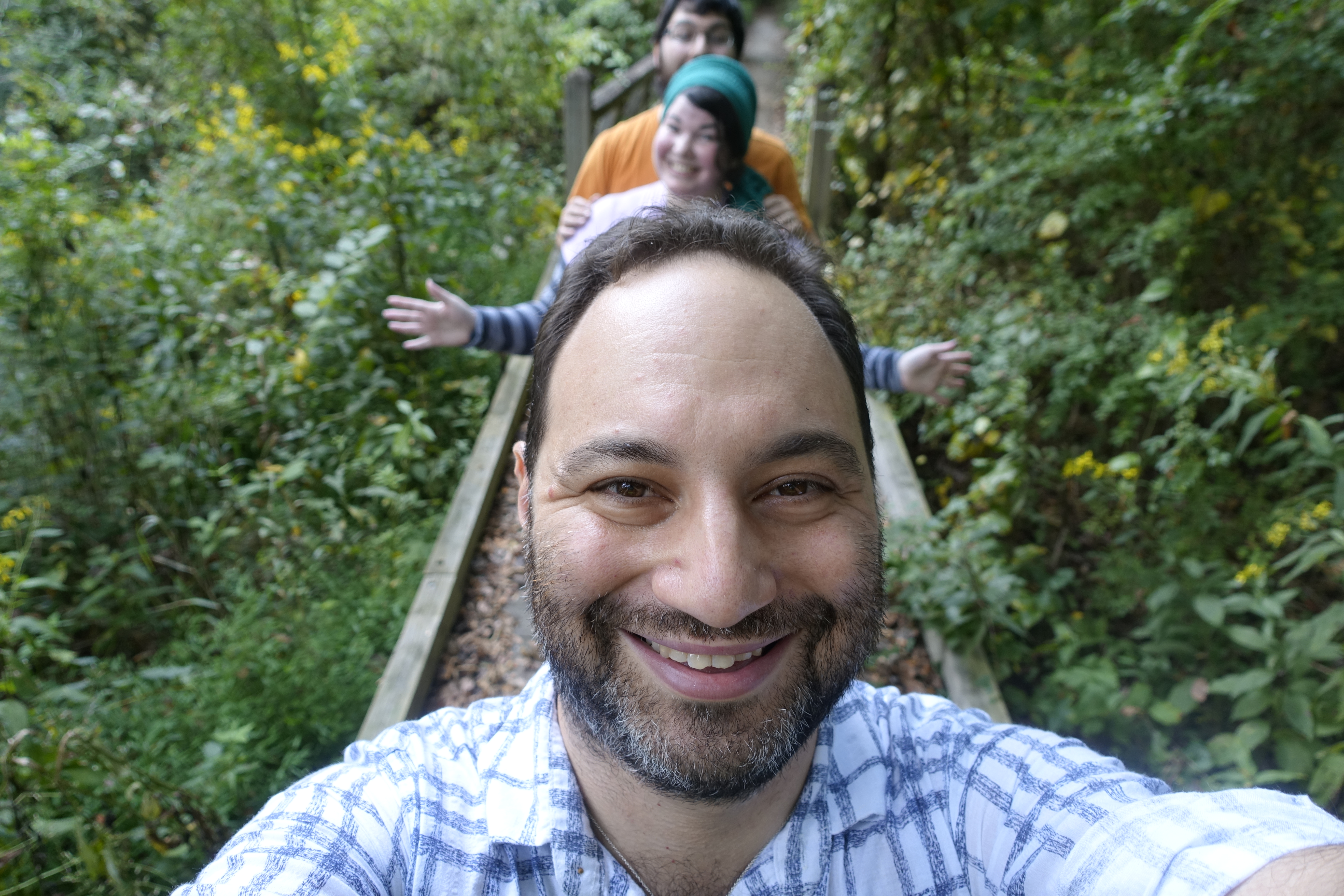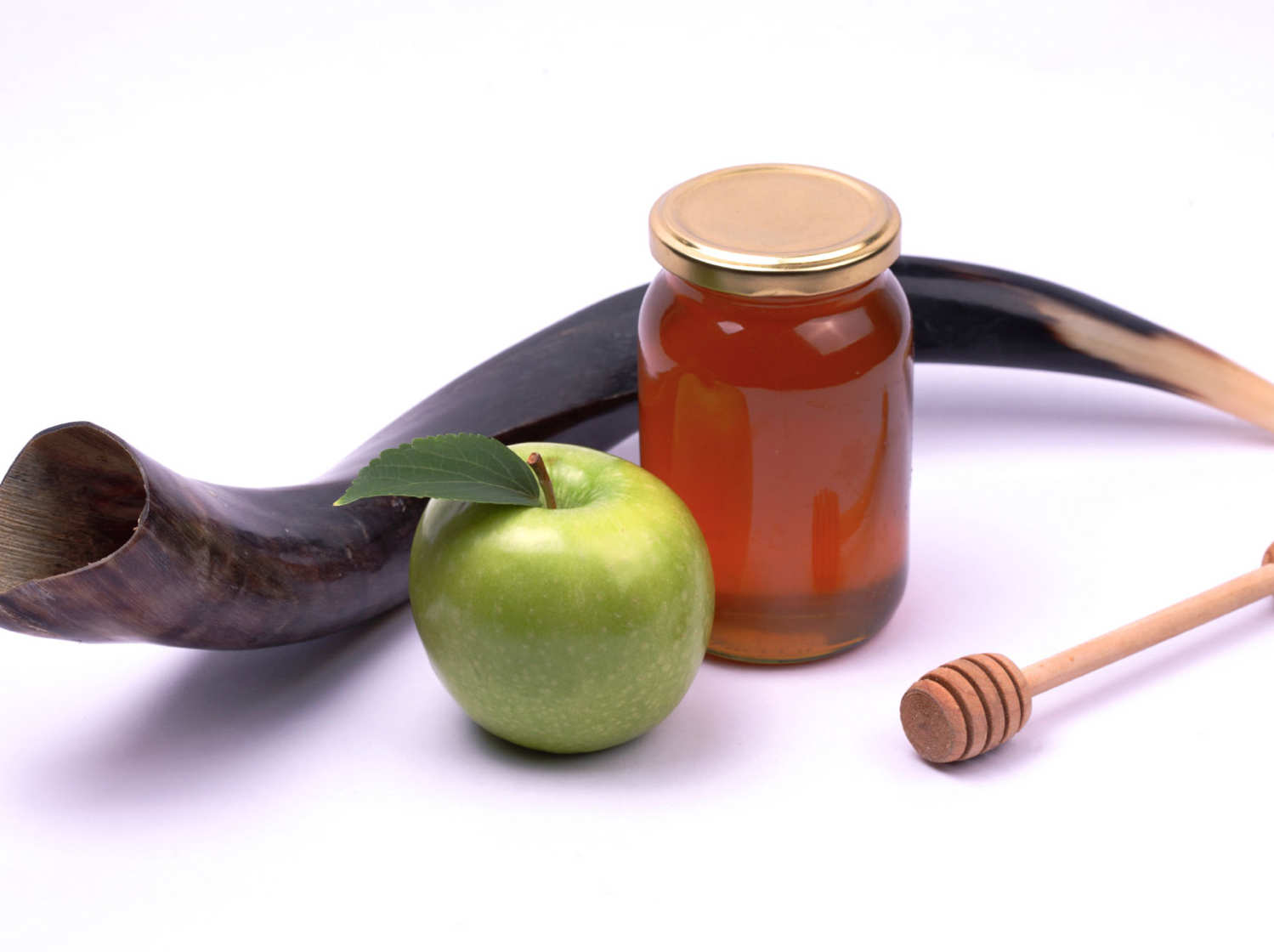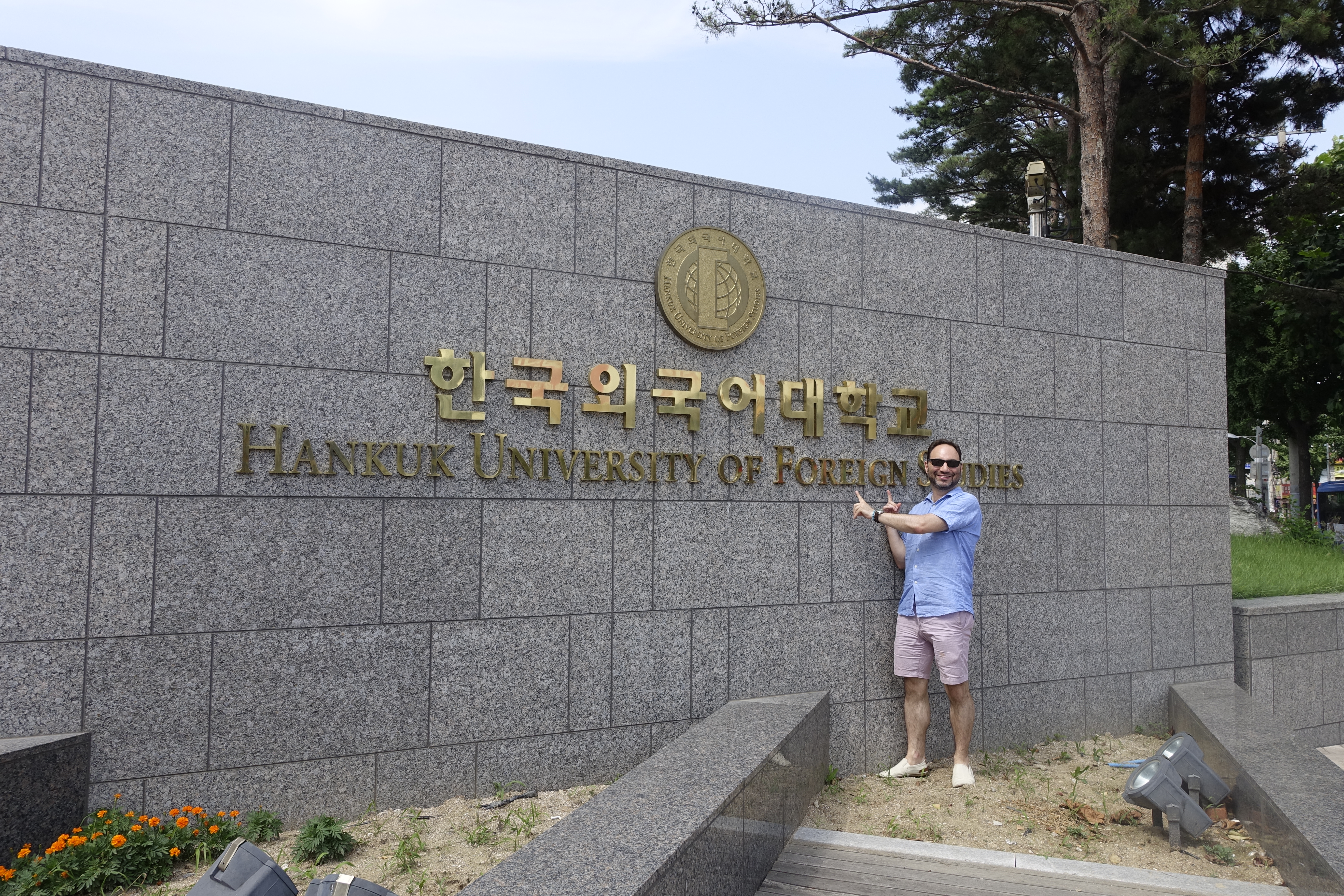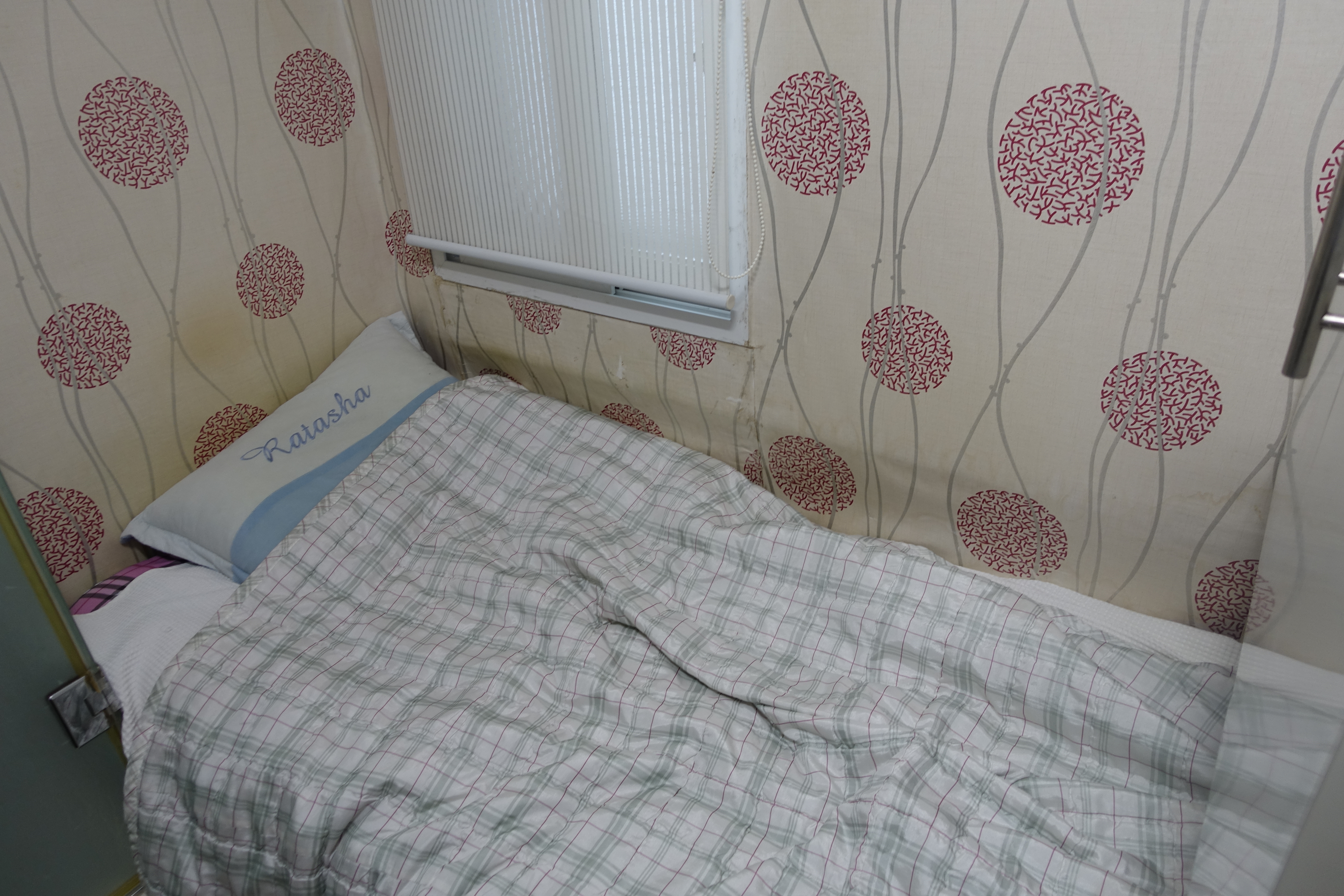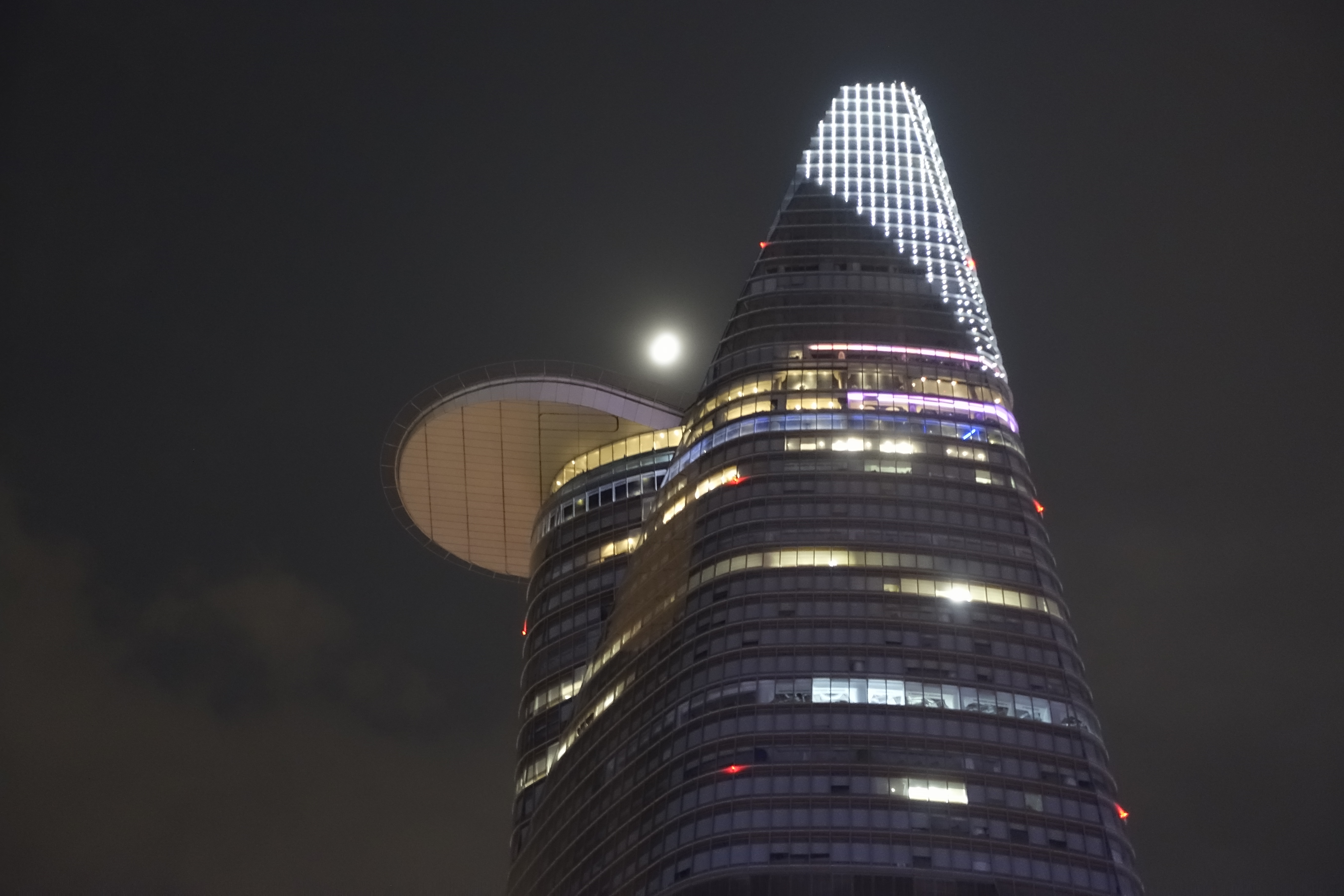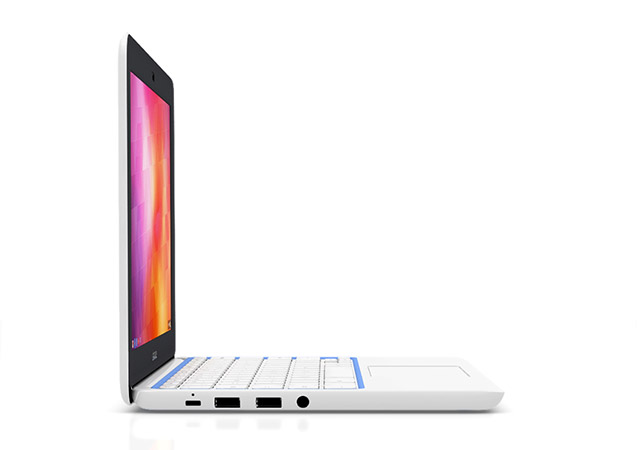Sandy Springs, Georgia
It’s been a little while, hasn’t it?
It’s now 86 days since I had a job. In those twelve weeks, I toured New York with an old friend; visited Vietnam for the first time, gave a talk on how Jews raise kids, and came away with a book project; spent a month falling in love with Korea and Korean and Koreans again; took the last steps to secure my master’s degree in East Asian Languages and Cultures from Columbia University; and moved out of New York once and for all. I’ve been busy.
And now I’m not.
It’s been 12 days since I moved out of New York. My apartment has been cleared out, the deposit check is on its way, and the movers have delivered my stuff to my parents’ house in Arizona. All my big worries are, for the time being, handled. It’s a nice feeling, as I sit here in Georgia in my brother’s house, listening to the rain come down and smelling the pot roast that will be Shabbos dinner tomorrow.
Riding Shotgun
I’m sort of in Atlanta but not really. I haven’t actually been to the city, or much of anywhere outside of my brother’s suburban orbit.
I’ve been to his shul down the street, and to the the rabbi’s house, and to the houses of a couple of other members of the community. I’ve also been to the nearby Kroger supermarket, a few kosher restaurants, two different malls, and a Lowe’s to buy reflective vests for the Shabbos walk to have dinner with some friends who live where there aren’t sidewalks. (The house, and the meal, were lovely.) I’ve spent a fair amount of time working from a Caribou Coffee with either my brother or his wife. It’s good coffee, and there’s a great view of the Walgreens across the street.
Once we went to a National Recreation Area for a short hike, and also to do tashlich, a Jewish ritual where you cast your sins into a body of water. Then later we went to a birthday party for a three-year-old at a playground next to an airport for private jets and small planes, where you can sit and watch the planes take off and land. What with shul and the holidays and Shabbos meals and the birthday party, I’ve spent more time around children and pregnant women in the past eleven days than in maybe the eleven years before that.
My brother has a good life here with his wife and his baby. I’m glad to have this time to bond with my little nephew, to take it easy and not do very much, to ride shotgun in someone else’s life. My brother and his wife are working hard — unlike me, they’re not unemployed drifters, and they have to deal with the baby when he wakes up in the night — which all means that they don’t have much time or energy to entertain me or take me places. Which is fine. I sit around. I work on my book. I nap. I read. I drift a little. I do some pushups, because pushups are good. I help out with the baby.
I have spent a lot of time watching the baby, who is seven months old. He laughs, he climbs things, he topples over and bumps his head. He eats pureed bananas with terrifying excitement and intensity, flapping his arms and lunging for the next bite, until suddenly he is done; usually he sneezes out a big gob of snot somewhere in the middle of his meal, and it looks more or less like the banana, and he flaps and complains while we wipe his nose because we’ve cut off the banana supply for no reason he can discern. His eating habits remind me of Alex from A Clockwork Orange.
The baby likes his set of colored plastic cups very much. He has started to like me too, I think, now that I’ve fed him. He climbs me and smiles at me. And then sometimes he cries for a while, which reminds me why I never kept one of these things at home. My nephew has poor manners and lacks skills. He doesn’t know anything about anything; I’m pretty sure the notion of representation, of things standing for other things, simply hasn’t occurred to him yet. Which limits conversation.
Sins Committed Through Light-Headedness
I’ve also spent a lot more time doing Jewish things and thinking about Judaism than I have in a while. I’ve been working on my Vietnamese book about Jewish child-rearing, and I’ve finished a draft of the background section, about who the Jews are, our history, the basics of the religion. I have done Shabbos and Rosh Hashanah and Yom Kippur — by the end of the latter, I had a wicked caffeine-withdrawal headache, though a little snuff helped. As we read through the list of sins for the thousandth time, I began to wonder about the sins “committed before You through light-headedness” in particular.
I think the experience of writing my thesis on Korean shamanism has helped me to approach Judaism with a little anthropological distance, and maybe a lighter head too. I’m less judgmental about it than I once was, more able to engage it on its own terms without fussing overmuch about my own beliefs. This is also the one of the few times that I’ve been involved with Orthodox Judaism away from my parents, and that changes the dynamic: here it’s not a replay of my adolescent rebellion if I decide I’m done with shul for the day or duck out for a while or skip the night services.
America
So this is my sojourn in America. I sort of hate it when people say New York City isn’t America — we’re Americans too! — but the New York City way of life is very different from what I think of as normative America, with its cars and strip malls and wide-aisled supermarkets. By the time it’s done, this will be my longest stay in that normative America since 2003, when I got back from living abroad the last time.
I suppose it’s OK, but I don’t really get it. Somehow a coconut plantation on the Mekong Delta makes more sense to me as a place to live, and a giant city, whether it’s Saigon or Seoul or New York, makes way more sense to me.
It’s just about a month until I’ll be touching down in yet another Asian megacity, Bangkok this time. In the meantime, I have a book to work on, family to enjoy, naps to take, strip malls to visit. And I have to go soon, because Kroger awaits!

